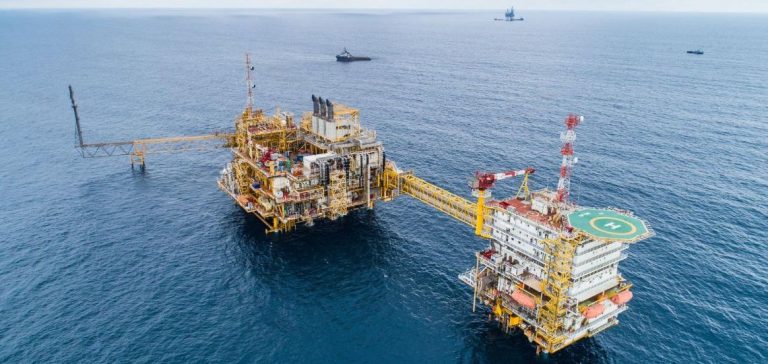Norwegian energy companies Equinor, Aker BP and Vår Energi are facing notable increases in the costs of their offshore oil and gas projects. These budget revisions are primarily attributed to imported inflation, delays in project schedules, and exchange rate fluctuations. The recent Norwegian government budget highlighted these financial challenges, revealing that the three companies have upwardly adjusted their cost forecasts for several key projects.
State of Projects and Cost Details
Equinor, a leader in the Norwegian energy sector, revealed that its Johan Castberg project in the Barents Sea, initially estimated at 49 billion kroner in 2018, has seen its costs increase by 76% to now reach 86 billion kroner (approximately 8.08 billion USD). This rise is due to delays and complications encountered in Norwegian shipyards, as well as exchange rate effects. In 2024, costs increased by an additional 2.2 billion kroner compared to the previous year. Project management issues, notably the increased complexity of the construction phase, the impact of infection control measures, and the reduced availability of labor during the pandemic, contributed to this budget drift.
Aker BP, on the other hand, saw its costs for the Yggdrasil project, the largest Norwegian oil and gas development since the start of Johan Sverdrup in 2019, rise from 120.2 billion kroner to 134.4 billion kroner. This increase is mainly due to a depreciation of the Norwegian krone, leading to inflation in the costs of imported equipment. Despite these financial challenges, the project remains on track for production by 2027.
Vår Energi, for its part, faces the highest budget drift with its Balder Future project. Initially approved at 19.6 billion kroner in 2019, the project cost is now estimated at 52.2 billion kroner, more than double its initial estimate. This project has also suffered significant delays, with a start date pushed back to the second quarter of 2025.
Analysis of Cost Overruns
The main reasons for the cost overruns include supply chain issues and increased project complexity. Additional labor costs and the complexity of installation particularly impacted the Johan Castberg project. The COVID-19 pandemic also slowed work in the shipyards in Singapore, where several key modules originate. Furthermore, a weakened Norwegian krone has generated imported inflation on equipment and services, especially for large-scale projects requiring specific parts from abroad.
Aker BP is also facing legal challenges related to the approval of the Yggdrasil project by the Ministry of Energy, due to opposition from environmental groups concerned about the project’s environmental impact. These combined factors have contributed to increased costs and delays in project execution.
Strategic and Economic Consequences
The cost increases of projects could have significant impacts on the companies’ profit margins, especially in a context of volatile energy prices. Production delays also affect the long-term profitability of projects. However, Equinor emphasized that the Johan Castberg project remains profitable with a break-even point around 35 USD per barrel, well below current market levels.
These budgetary increases can also influence companies’ future investment decisions and affect their competitiveness in the international market. Delays in project schedules can lead to a loss of confidence from investors and business partners, potentially complicating the financing of future projects.
Perspectives and Challenges
Despite these challenges, Equinor, Aker BP and Vår Energi continue their investments, betting on additional discoveries and a gradual ramp-up of existing infrastructures. However, pressure from environmental groups and uncertainties related to rising costs increase the risks, particularly for projects like Yggdrasil that may be delayed if legal appeals are successful. These developments reflect the growing difficulty of conducting offshore extraction projects in increasingly hostile regions, where infrastructure costs and delays can quickly erode expected profitability.






















